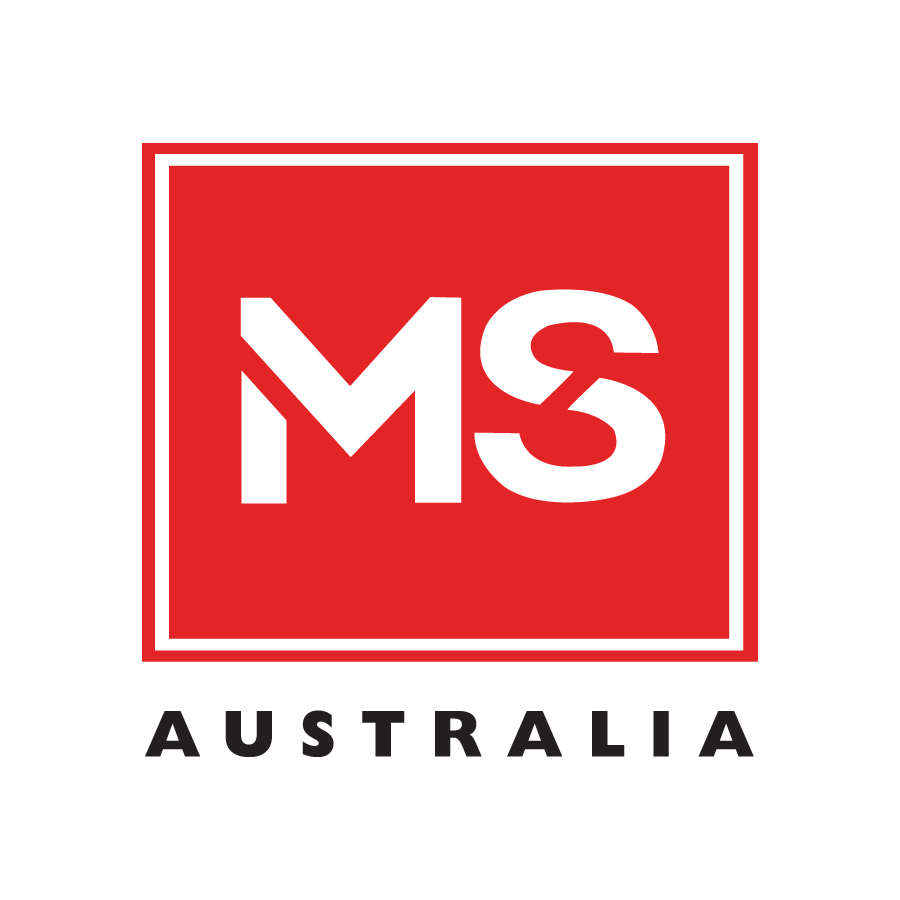What Happens
What happens at the time of death?
We aim to minimise the time between the death of a donor and preservation of the tissue (ideally within 24-48 hours) to ensure that it is of the greatest value for research. Hence, it is essential for the next-of-kin, hospital, hospice, or nursing home staff to notify the Brain Bank Coordinator if a potential donor becomes increasingly ill and is not expected to live much longer. This allows the Brain Bank team to start making arrangements so that the brain donation can happen smoothly when the time comes. Otherwise, the Brain Bank Coordinator should be contacted as soon as possible after a donor dies by calling the MS Australia Brain Bank pager number on (02) 9963 1116
State Brain Bank emergency numbers
If a donor has died or is not expected to live much longer, please call the MS Australia Brain Bank as soon as possible on (02) 9963 1116 (New South Wales, Australian Capital Territory, Tasmania, Queensland and Victoria).
Please note that South Australia, Northern Territory and Western Australia are not taking new donations at this time.
The Brain Bank Coordinator will instruct the chosen funeral director to transport the body of the deceased donor to the nearest appropriate hospital or mortuary where brain donation can take place. The brain donation procedure is performed with great care by specially trained and experienced staff . During the autopsy, an incision is made at the back of the head of the deceased, the cranium opened, and the brain removed. If the donor’s consent explicitly allows it, the spinal cord, optic nerve, cerebrospinal fluid and eyes are also removed. The body is then reconstructed in such a way that it is difficult to see any evidence of the procedure. The procedure does not interfere with plans for an open casket funeral and viewing of the deceased. After brain donation, the funeral director will return the deceased to the funeral home specified by the next-of-kin where normal funeral arrangements can then take place. All costs of transportation, brain retrieval, and tissue processing are taken care of by the MS Australia Brain Bank, however all other funeral costs remain the responsibility of the family or the estate.
Please note that while every effort will be made for the donation to proceed, in some instances this may not end up being possible. For example, if the death occurs over the weekend, in more remote locations of Australia, or if the Coroner is involved, as the time from death to storing the tissues may be prolonged, making the tissue unsuitable for research.
The Brain Bank Coordinator will require the following information:
- Donor’s full name and date of birth
- Date, exact time and cause(s) of death (if known)
- Location of the body
- Current status of the death certificate (check with GP or nursing staff)
- Contact details of chosen funeral director
What happens to the brain?
After the brain is removed from the deceased donor, it is dissected according to an approved protocol. Half of the brain is cut into 1 cm coronal slices and frozen at -80 degrees Celsius. The other half is chemically fixed in formalin and processed after three weeks for diagnostic neuropathological examination. Other consented tissue such as the spinal cord and optic nerve are treated in the same way. If the tissue is fixed and frozen correctly, tissue can be preserved almost indefinitely and remain useful for research for many years.
Donated tissues are catalogued and stored. Sections from specific anatomical regions are removed and processed for diagnostic neuropathological examination by a qualified neuropathologist. Results of the final diagnosis can be reported to the donor’s doctor (and next-of-kin if requested) usually within two to six months.
Prior to being made available for research, the tissue undergoes further processing to identify and characterise MS plaques into specific types such as acute, chronic, chronic active, or remyelinating lesions.
A database of MS tissue and anonymised donor medical histories is maintained by MS Australia Brain Bank staff at the Brain and Mind Centre.




